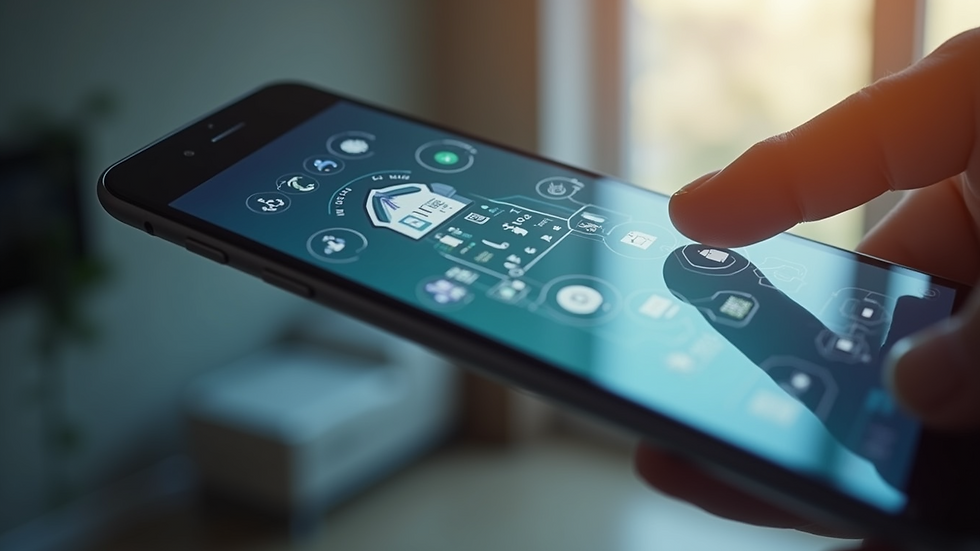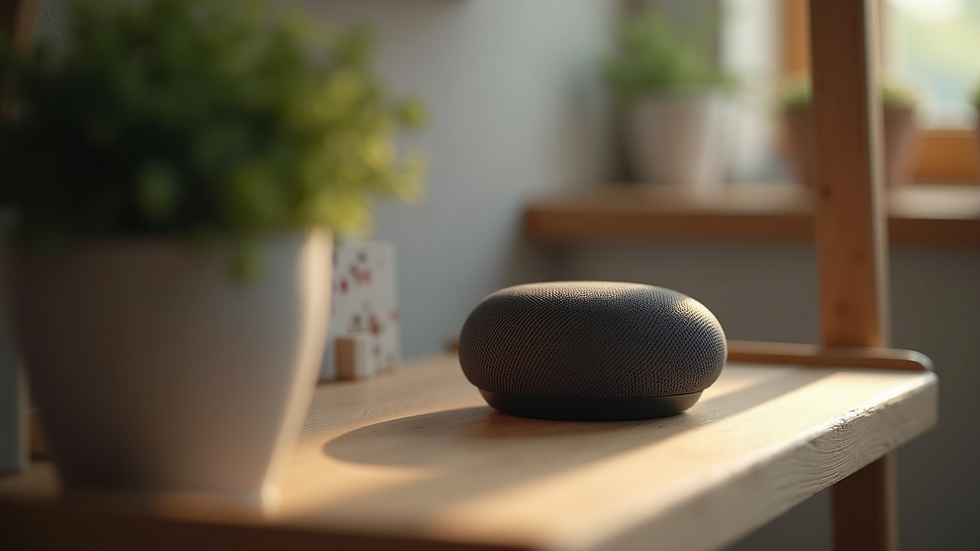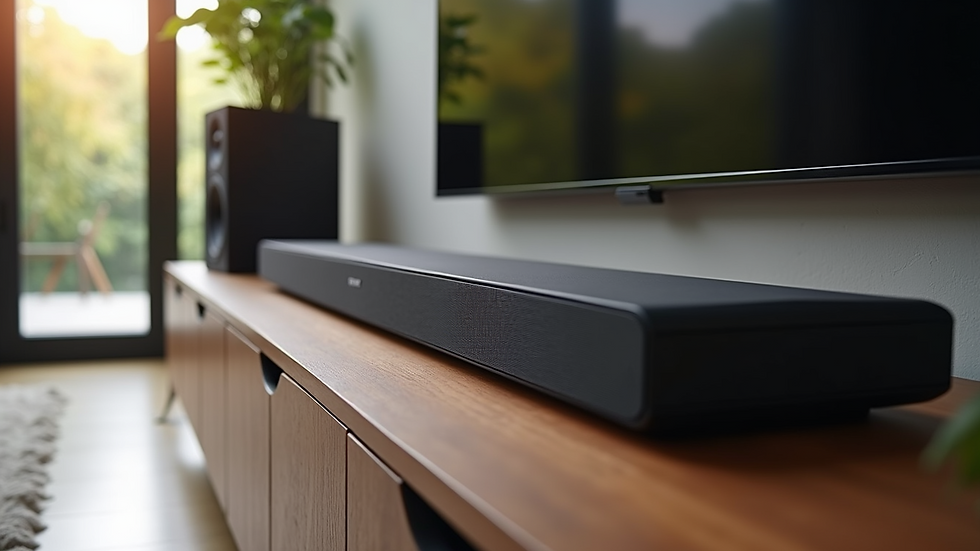How Smart Home Technology is Transforming Everyday Living
- Ravi Amirtham
- Jul 30, 2025
- 3 min read
The emergence of smart home technology is reshaping how we interact with our living spaces. These innovations are not just gadgets; they are the backbone of a more efficient, secure, and comfortable way of living. From simplifying daily tasks to enhancing security and energy management, smart home technology is becoming integral to our lives.
What is Smart Home Technology?
Smart home technology refers to a network of devices that communicate with each other, creating a cohesive system that can be controlled remotely. This includes everything from smart thermostats and lighting systems to security cameras and kitchen appliances. The convenience of monitoring and managing these devices through a smartphone or voice command has made them increasingly popular among homeowners.

One of the most remarkable features of smart home technology is its ability to adapt to our preferences. For example, smart thermostats learn your heating and cooling patterns over time, optimizing the temperature control while reducing energy consumption. As a result, homeowners can save significantly on energy bills without sacrificing comfort.
Benefits of Smart Home Technology
The advantages of incorporating smart home technology into daily life are manifold. Here are several notable benefits:
Increased Convenience
Imagine being able to control your home’s lighting, heating, and even security systems through a single app while you’re away. Whether it’s adjusting your thermostat, dimming the lights, or locking the doors, smart home devices allow you to manage it all from one place.

Enhanced Security
Smart security devices provide homeowners with real-time monitoring and alerts. With smart cameras and doorbell systems, you can see who is at your door from anywhere in the world. Many devices even allow for two-way communication, so you can speak to visitors without needing to open the door.
Statistics show that homes with smart security systems are less likely to be burglarized. According to a study, 60% of burglars said they would avoid homes with visible security systems.
Energy Efficiency
Smart home devices contribute significantly to energy conservation. Smart lighting systems can be programmed to turn off when no one is in the room, and smart thermostats can adjust temperatures based on occupancy. This kind of home automation offers not only environmental benefits but also financial savings on utility bills.
The Role of Voice Assistants
Voice assistants like Amazon's Alexa or Google Assistant play a pivotal role in making smart home technology user-friendly. They allow for hands-free control of smart devices, enabling users to perform tasks simply by speaking.
For instance, you can say, "Turn off the lights in the living room," or "Set the thermostat to 72 degrees," and the system will respond accordingly. This capability enhances not only convenience but also accessibility for individuals with mobility issues.

As voice recognition technology continues to improve, controlling your home has never been easier. These systems are designed to learn from your commands, adapting to your speech patterns and preferences over time.
Limitations and Concerns
Despite the numerous advantages, smart home technology is not without its challenges. privacy and security are primary concerns for many homeowners. As these devices collect data to optimize functionality, there is a risk of potential breaches that could compromise personal information.
Furthermore, the cost of installing smart home devices can be significant. While some devices can save money over time, the upfront investment may deter many individuals from adopting this technology.
However, the long-term benefits often outweigh the initial costs, especially when considering the increase in comfort, security, and energy efficiency.
Looking to the Future
The future of smart home technology is bright, with advances in AI and IoT (Internet of Things) paving the way for more integrated living environments. Homeowners can expect innovations such as:
Improved connectivity between devices
Enhanced AI that predicts needs based on habits
More affordable devices making technology accessible to a wider audience
As innovation continues, the prospect of a fully automated home is no longer a distant dream.

With the potential for customization and personalization, smart homes will become even smarter, catering to individual needs and preferences in ways we have not yet imagined.
Transform Your Home Today
Incorporating smart home technology into your home can enhance everyday living significantly. From security to comfort, the potential benefits are vast. Whether you are starting small with a smart bulb or going all in with an entire ecosystem of connected devices, the options are endless.
For those looking to dive deeper into the world of smart homes, resources are available to help guide your journey. Check out what home automation offers to discover the latest innovations in smart home technology.
As you consider transforming your space, keep in mind that the best smart home is one that meets your specific needs. Take time to research, and choose devices that not only make your life easier but also enhance your home’s overall functionality.
Embrace the revolution of smart home technology and make your living space truly your own!



Comments